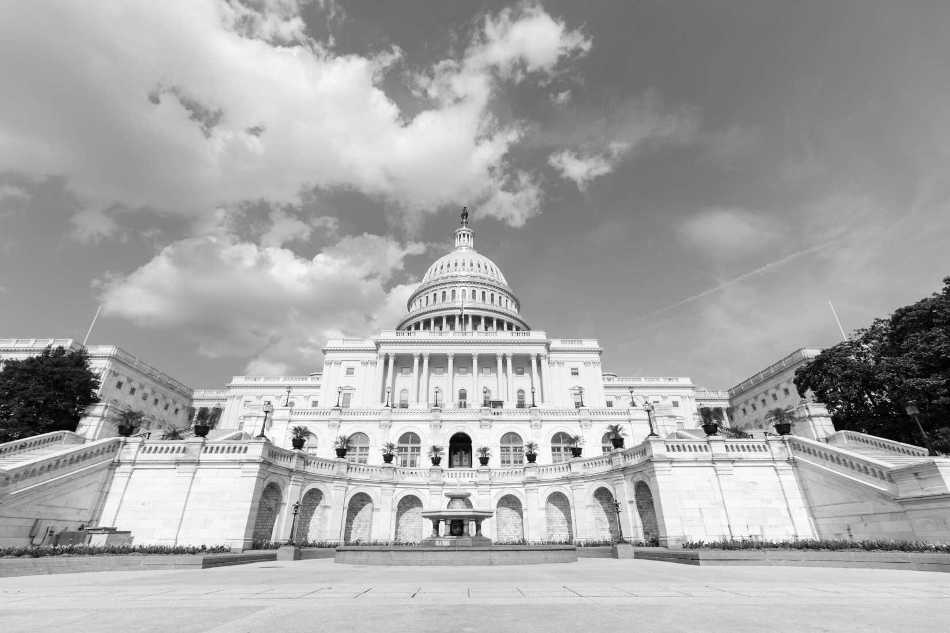By: José Niño
With just a few days left before Joe Biden assumes the presidency, the Second Amendment movement faces daunting challenges at the federal level.
For the first time since Obama’s first term in office, Democrats have control of all three branches of the federal government. In the case of the Senate, Democrats’ razor thin victories in the Georgia Senate runoffs produced an equally razor thin margin in the partisan composition of the U.S. Senate. As vice president, Kamala Harris will be the tie-breaking vote.
With Biden as president, there will be efforts to implement universal gun registration, high-capacity magazine bans, bans on AR-style rifles, and a federal red flag gun confiscation order on individuals considered to be “dangerous” to themselves or others.
Biden has a strong track record of working against the Second Amendment. He helped sponsor the Gun-Free School Zones Act of 1990 and also played a critical role in passing the 1994 Assault Weapons Ban. Attempts to pass the latter piece of legislation will likely be revived, given Gun Control Inc.’s paranoia towards AR-15s and semiautomatic rifles that millions of Americans commonly own.
With Nancy Pelosi (D-CA) as House Speaker and Chuck Schumer (D-NY) as Senate Majority Leader, the threat of gun control will always loom on the horizon. The current Democrat Party is anti-gun to the core. There’s no real hint of centrism among its ranks as far as the Second Amendment is concerned. Groups from Moms Demand Action and Everytown for Gun Safety have effectively created new civilian disarmament standards that all Democrats must abide by.
As we often say, however, nothing is set in stone in politics. After the 2012 Sandy Hook massacre, many political observers believed that gun control was imminent. Much to the gun grabbers’ frustration, grassroots gun owners rose up to the occasion and made sure to stop universal gun registration proposal in its tracks. This time around, though, the U.S Congress has a less favorable partisan makeup when it comes to protecting the Second Amendment. Moreover, there’s no telling which Republicans are ready to cut a deal with Democrats to move gun control forward.
There are plenty of unknown variables, which means that Second Amendment activists must remain very vigilant. Chris Stone, Communications Director of the National Association for Gun Rights, expressed some of his sentiments about the Georgia results and what it holds for gun policy in 2021 and beyond:
The results in Georgia were disappointing to say the least, as we know Warnock and Ossoff are outspoken gun grabbers. But now is not the time to throw in the towel.
Now is the time to ratchet up the political pressure on House and Senate Republicans — and Democrats — reminding them that gun owners are watching their votes.
There is still a degree of optimism for the no-compromise gun lobby, as Stone observed:
NAGR-PAC and our friends at Gun Rights America Super PAC succeeded at voting Sen. Doug Jones (D-AL) out of office, and made sure solid pro-gun legislators like Rep. Thomas Massie (R-KY) retained their seats.
Rain or shine, Second Amendment organizations will have to go out and fight. Battles at the federal level will, in all likelihood, be defensive, whereas state-level battles will be more offensive in nature. In the latter case, 2021 could be a big year for the passage of Constitutional Carry in various state legislatures.
The fight to restore gun rights in America has only just begun.
José Niño is a freelance writer based in Austin, Texas. Sign up for his mailing list here. Contact him via Facebook, Twitter, or email him at [email protected]. Get his e-book, The 10 Myths of Gun Control, here.

